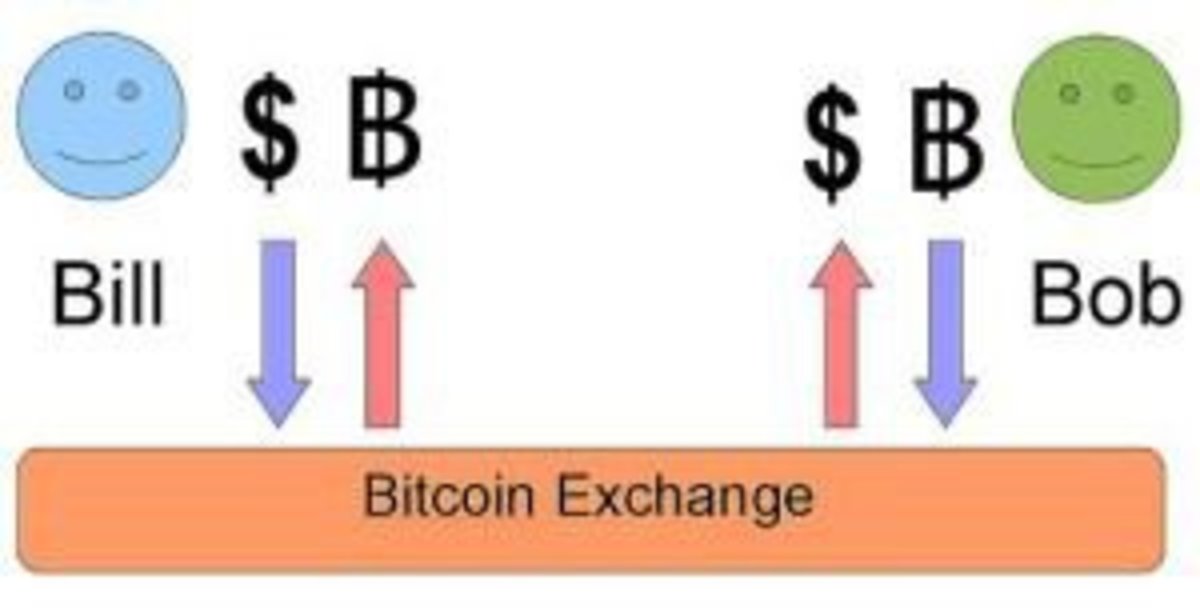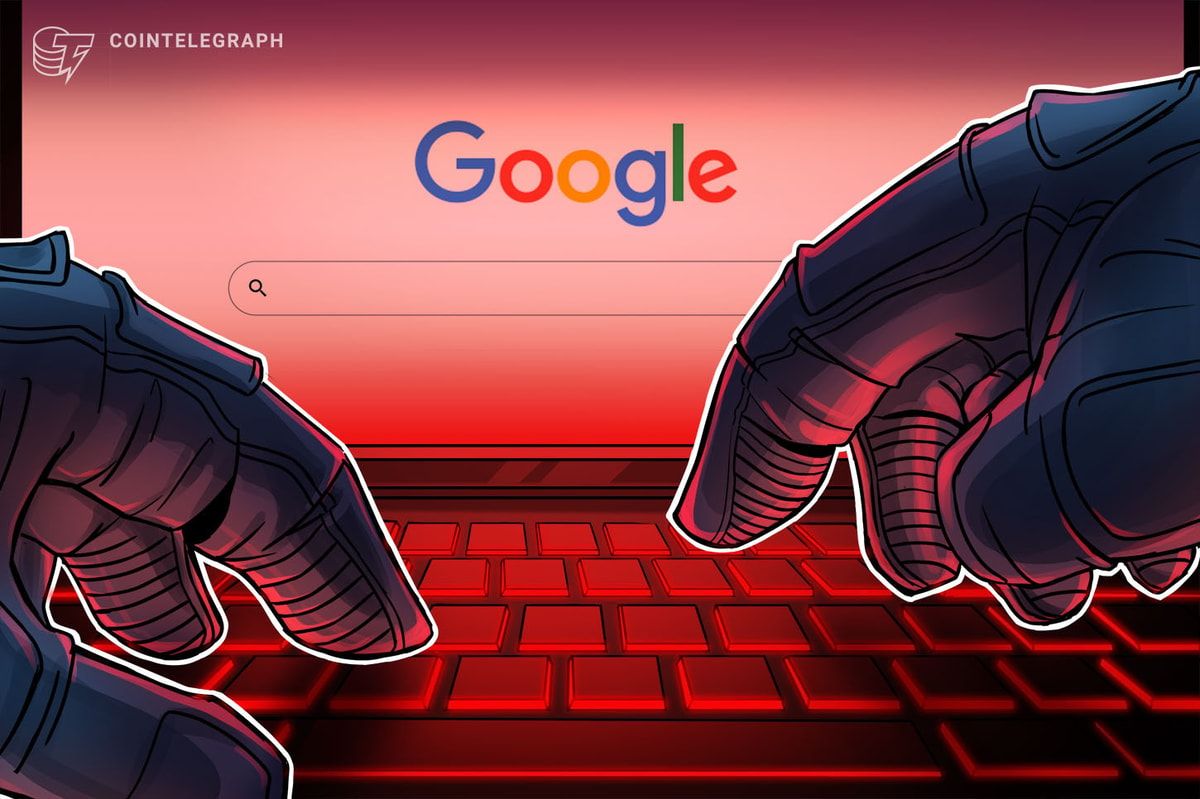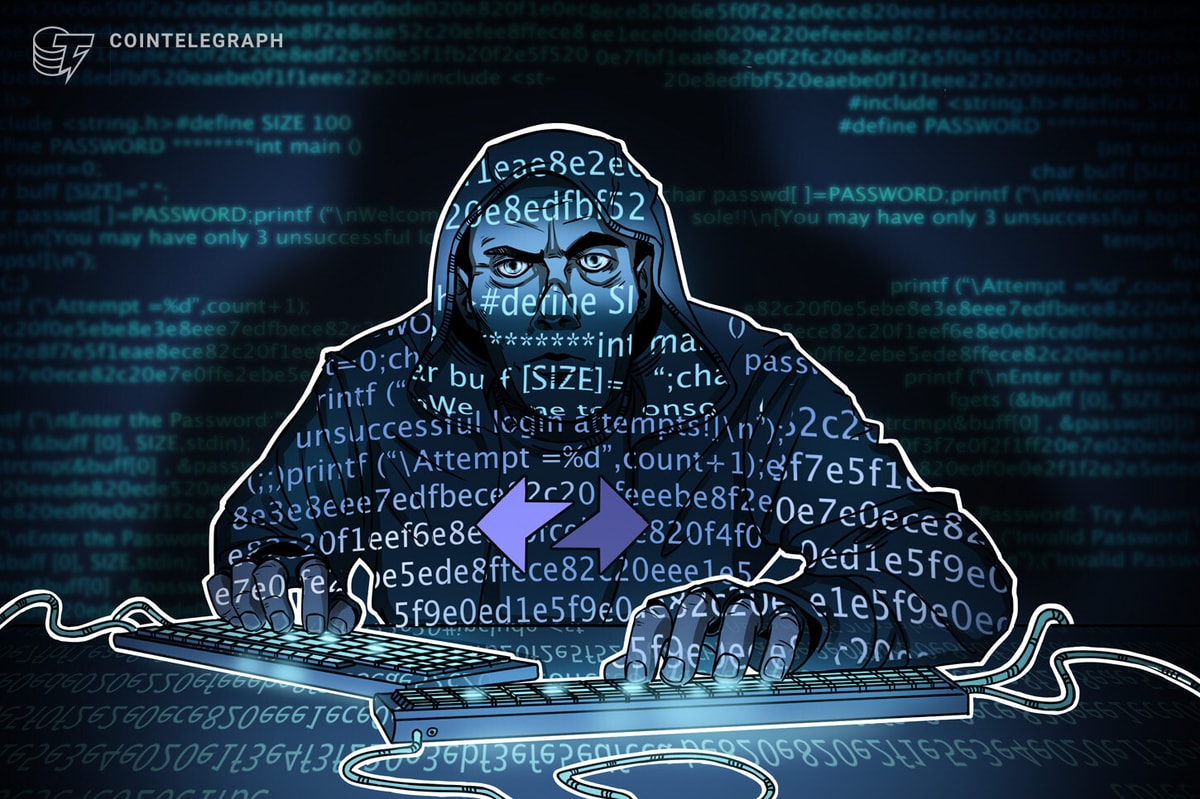
In a managed online wallet, everything is controlled by the wallet’s provider. You have an account with the provider with a username and password, much like an email account or an internet forum account, and you can log onto your account and send and receive bitcoins from any computer that has internet access. Generally, these services do not maintain separate wallets for separate users behind the scenes; they are more like banks in the way that all the money is pooled together and they just keep track of how much belongs to whom. The most prominent of these wallets are actually bitcoin exchange accounts like those with MtGox and CryptoXchange.
Advantages of storing your bitcoins at an exchange are:
- No software installation required
- You can access your bitcoins from any computer
- No need to worry about accidentally deleting your wallet or losing it to a computer or hard drive failure
- Bitcoin exchange wallets allow you to exchange bitcoins for other currencies like US dollars and store other currencies as well. This gives you the option of having easy access to bitcoins whenever you want without the risk of losing value due to volatile exchange rates.
- The MtGox exchange wallet in particular has a “green address” feature, which allows you to send your bitcoins from a special address that is publicly known and trusted, and from which some businesses accept bitcoins without waiting for confirmations (ie. in a few seconds rather than up to an hour).
- You gain some privacy from the public since the bitcoins you withdraw are likely not linked to the ones you deposit, so someone tracing transactions on the internet may not be able to track you as easily.
Disadvantages are:
- You might forget the password. Most services allow (some even require) you to have an email address as a backup to reset your password from, but relying on your email address for everything it itself a risky strategy since the potential losses from your email account getting hacked become catastrophic.
- You have to trust the provider not to lose your wallet to a failure or hack, or to turn out to be malicious themselves. MyBitcoin, which lost 51% of its users’ bitcoins in a failure in August (incidentally, the coins are just now starting to be spent, implying that the loss was a theft), serves as a cautionary tale.
- You lose some anonymity from the provider since the provider can see all of your transactions.
- With the exception of the BTCinch wallet and the MtGox mobile wallet (and to a lesser extent the MtGox browser wallet), these wallets are not primarily intended for day-to-day usage as wallets, so they may be more unwieldy to use
The major options available are MtGox, CryptoXChange, Cavirtex and Intersango, as well as the BTCinch wallet, which is designed more as a wallet but provides Bitcoin exchange features through the other exchanges. For Android and rooted iPhones (through Cydia), MtGox offers the MtGox Live Bitcoin application.










